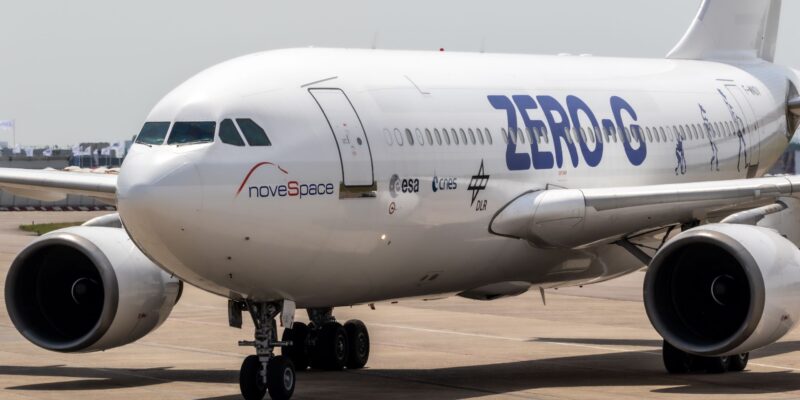A University of Florida engineering research team led by Jacob Chung, Ph.D., a professor in the Department of Mechanical and Aerospace Engineering and member of the Astraeus Space Institute, has successfully completed a zero-gravity flight experiment testing a breakthrough method to reduce fuel loss in space.
The work — funded by NASA’s Flight Opportunities program — aims to solve one of the most pressing technical challenges in deep space exploration: preventing the boil-off of cryogenic rocket fuels during long missions. Without efficient thermal management, the supercooled propellants essential to future moon and Mars missions can gradually evaporate, rendering them unusable.
“Propellant loss due to boiling and evaporation in storage tanks during long-term space missions is one of the most important considerations in tank design,” Chung said. “Once cryogenic liquid turns to vapor, it can no longer be used as propellant. Our research is focused on providing a technology to minimize or even eliminate that boil-off loss.”
Flying aboard a zero-G parabolic flight on May 2 and May 5, the UF team tested four advanced coating materials applied to the inside of cryogenic propellant tanks. These coatings are designed to suppress the boiling of liquid fuels in reduced gravity conditions, using two materials based on aluminum and stainless steel that emulate common spacecraft tank designs.
